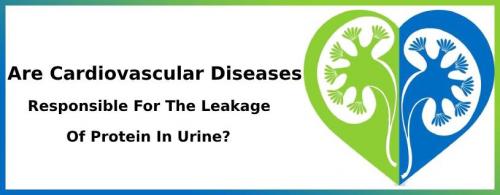Ayurvedic Treatment to reduce Creatinine levels
Although there are countless treatment options available out
there for kidney diseases, choosing the right option can only decide
your future health. Due to its immaculate therapeutic properties, Ayurveda is
known to be an epitome of healing, amongst all other healthcare providers. The
reason Ayurvedic Treatments outstand, is due to their inclusive and far-reaching
approach, taking into consideration all the aspects of bodily improvement, i.e.
mind, body, and soul.
Go through this Article for detailed clarification:
Ayurvedic Treatment
Our kidneys are the two bean-shaped organs, of the size of a fist, located on either side of the spine at the lower back, just below the ribs. They are the vital organs of our body, due to the major functions they perform to take care of our overall health and wellness.
The functions include:
• Maintenance of fluid balance in our body
• Removal of toxins and wastes from our blood
• Regulation of electrolytes and pH
• Balancing blood pressure in our body
• Functional in the production of vitamin D in our body, on exposure to sunlight
• Production of erythropoietin hormone, that intimates the bone marrow to produce red blood cells
Since our Kidneys are the major organs of our body, it becomes our prime responsibility to take care of it. A healthy kidney keeps you healthy, while on the contrary, an unhealthy kidney invites several major health complications.
What is Creatinine?
Creatinine is a waste product produced by
general wear and tear of muscles. It is produced from creatine, a molecule of
major importance for the production of energy in muscles.
Creatinine is found to be a reliable indicator
of kidney functions. An elevated creatinine level clearly signifies that the
kidney functions are impaired. There are several reasons for increased
creatinine and urea levels in the blood, however amongst them;
The major cause is due to the poor clearance by
the kidneys because of the damaged kidney functions. An abnormally high level
of creatinine results in kidney failure.
What are the symptoms associated with increased creatinine levels?
The symptoms of Kidney Dysfunction or Renal Inefficiency vary widely. Generally, they do not correlate with the increased creatinine levels of the blood. Some might incidentally find increased creatinine levels in the blood with severe kidney disease, and without any symptoms at all. However, depending on the problem, in some cases, the symptoms of kidney failure might show up, which includes:
• Feeling dehydrated
• Fatigue
• Blood in the urine
• Lack of concentration
• Reduced appetite
• Swelling
• Shortness of breath
• Confusion, or
• Some non-specific symptoms like nausea, vomiting, neuropathy and dry skin










Comments